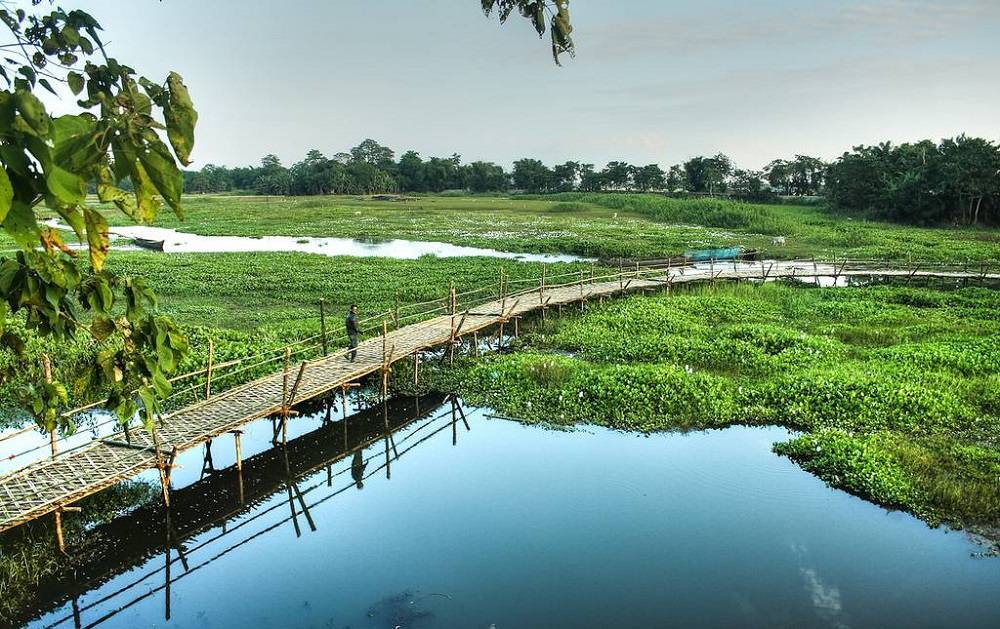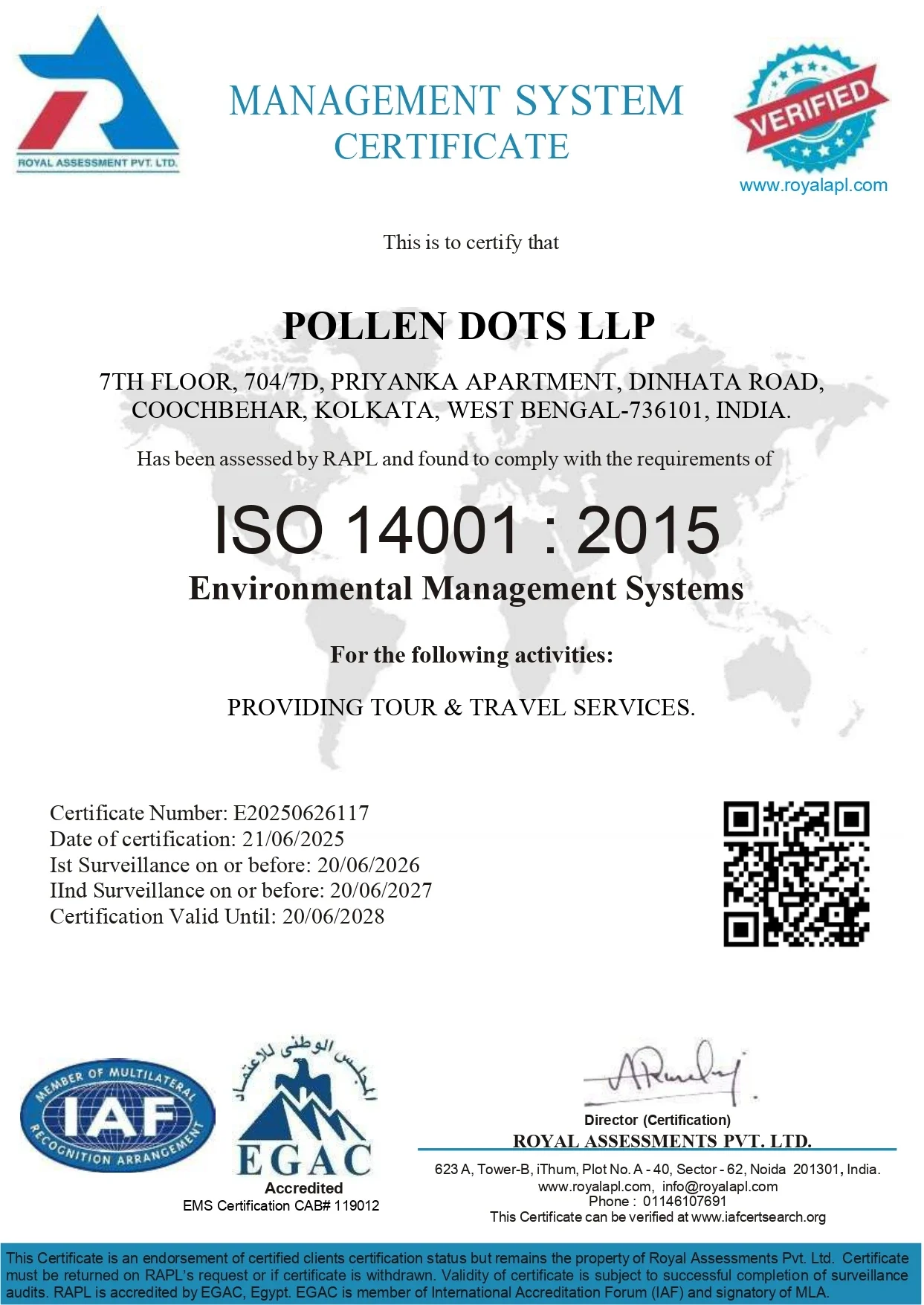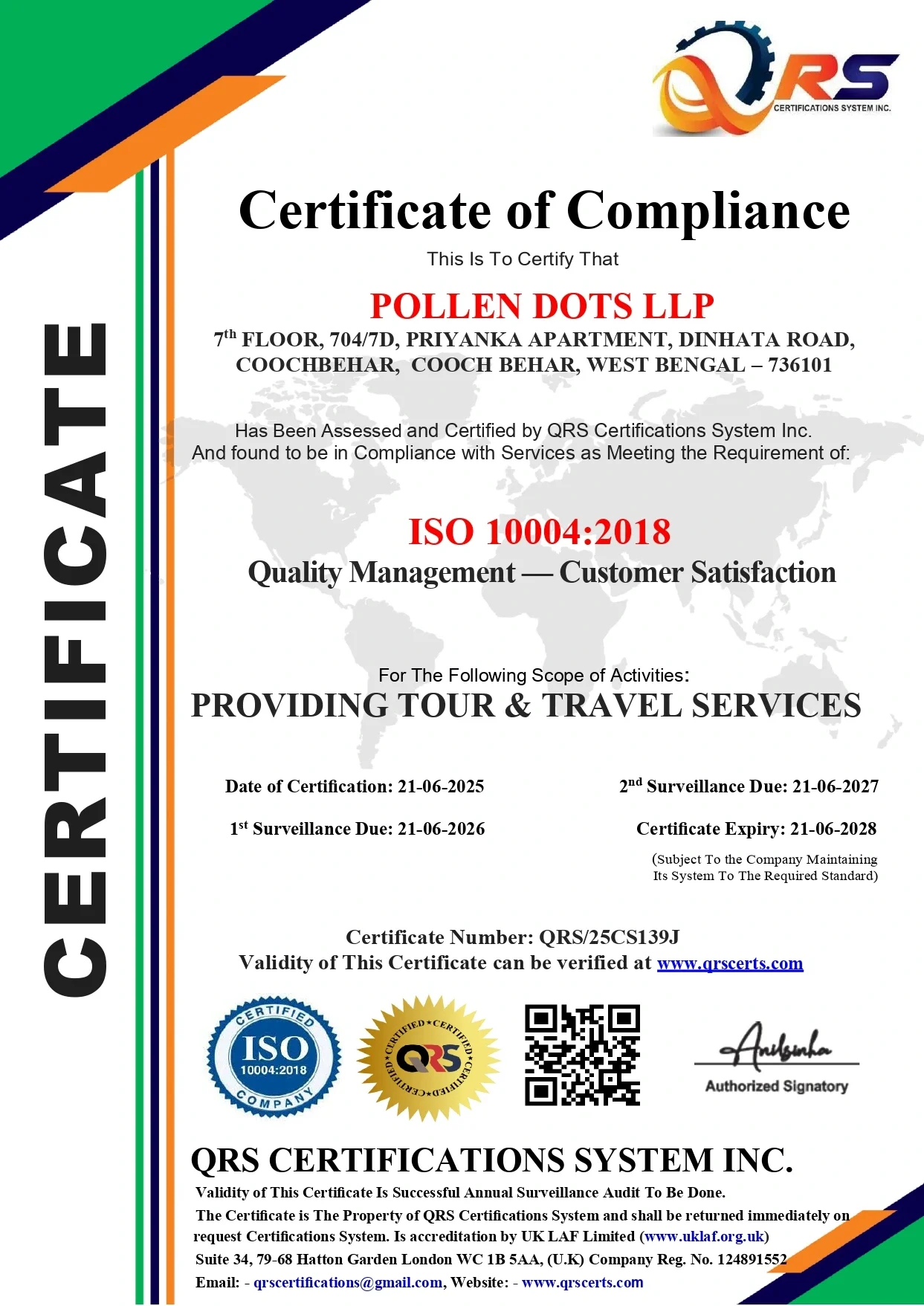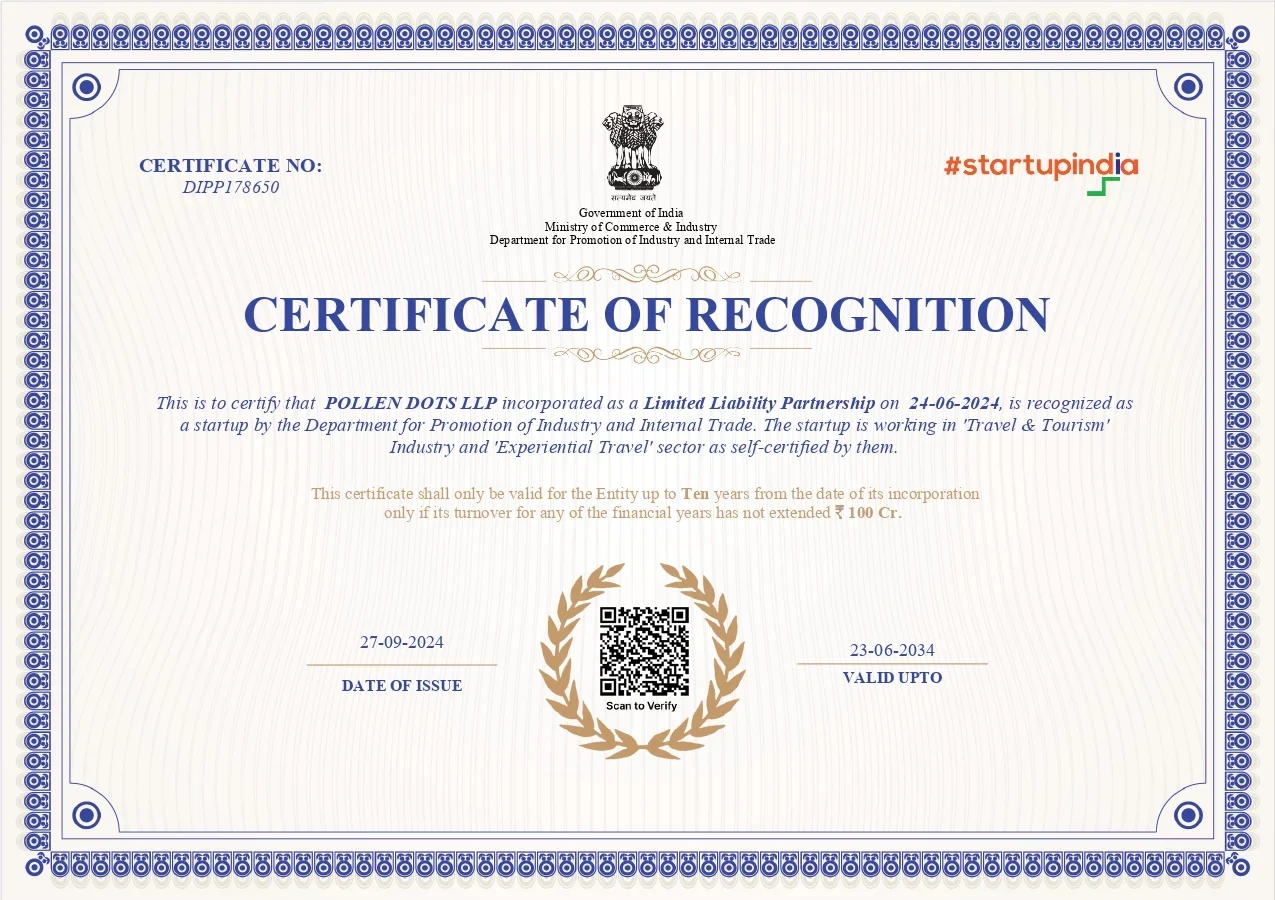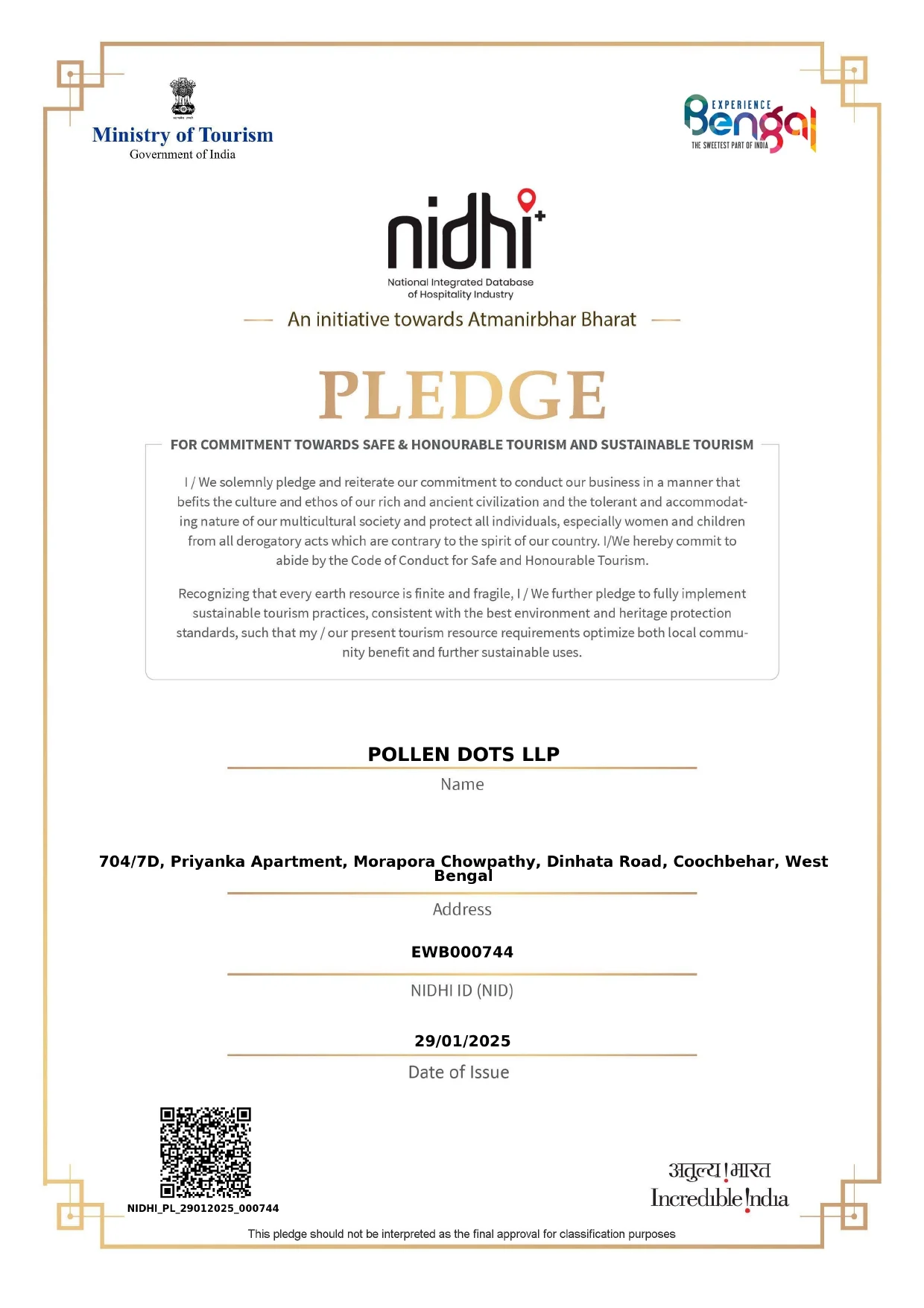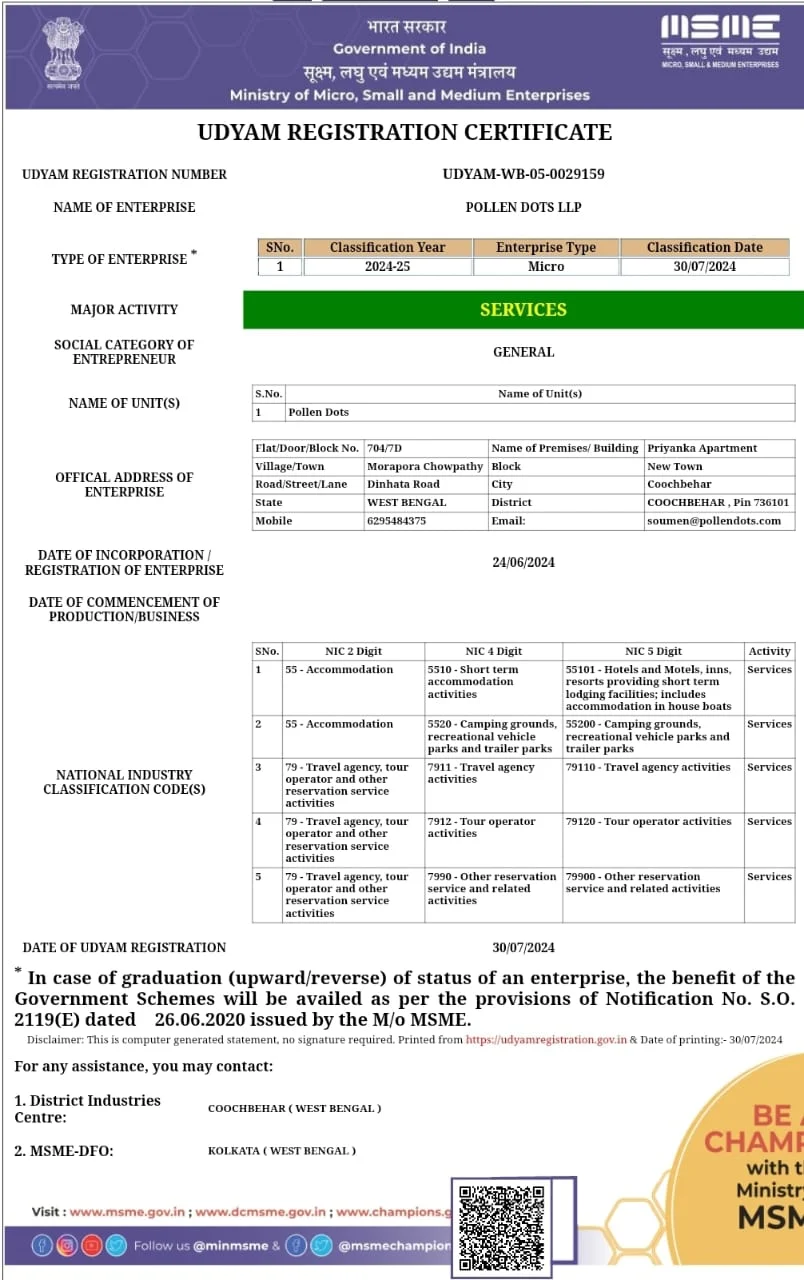Majuli isn’t just the world’s largest river island. It’s also one of its most vanishing.
Year after year, the Brahmaputra rises. Land disappears. Homes shift. Temples lean. And yet, the people of Majuli remain. Not because they have no choice — but because they choose to belong, again and again.
This blog isn’t just about land lost. It’s about what refuses to be erased.
It’s not about what to see in Majuli — it’s about how not to look away.
“This is not just land. This is where our gods speak, where our crops pray, where our stories wake up each morning,” says an elder in Kamalabari.
A Geography That Moves
Majuli was once over 1,200 square kilometers. Today, it’s less than 500. The Brahmaputra’s floods aren’t rare disasters here — they’re seasonal certainties. Each monsoon redraws the map. Villages shift. Roads vanish. People adapt.
There are stories of homes being dismantled and reassembled overnight. Of prayer flags moved inland. Of bamboo bridges rebuilt by hand. Of mothers who store seeds in cloth bundles, ready to move with the next storm.
“Majuli is a boat,” says an old boatman. “We don’t fix it to the shore. We learn to float.”
Resilience as Routine
The sattras — Majuli’s Neo-Vaishnavite monastic centers — have seen more than their share of erosion. But even when soil crumbles beneath prayer halls, the chants never stop. The Raas Mahotsav still lights the island in November, even if the stage shifts.
This is not denial — it’s dignity. A choice to stay rooted, not because it’s easy, but because it’s essential.

What Travelers Often Miss
Most visitors arrive for the ferry ride, the monks of Auniati, the mask-makers of Samaguri, or the Raas festival. But they miss the real story: the one unfolding quietly along the riverbanks.
They miss the lines redrawn with bamboo poles after every flood. The woman planting mustard on land that might be gone in two years. The youth group filling sandbags where roads once were.
Majuli is not a postcard. It’s a practice in persistence.
Land in Disappearance, Culture in Continuum
More than one-third of Majuli has been swallowed by the river in a single century. And yet, the community continues: Boats are carved. Fields are sowed. Festivals are held. Songs are sung.
Culture, here, isn’t fragile. It’s the anchor.
In a world that tells people to move for convenience, Majuli stays for belonging. And that continuity — of culture, care, and community — needs to be seen, heard, and supported.
Where You Step, Matters
You can’t stop erosion. But your steps can slow the damage.
As a traveller, you can:
- Choose homestays that recycle water and avoid fragile shorelines.
- Say no to plastic — every discarded wrapper hastens loss.
- Don’t just post, participate — join tree-planting, fishing days, or mask-making.
- Ask before you act — the land is sacred and layered with meaning.
- Support local artisans — your purchase may help someone stay instead of migrate.
- Travel off-season — to spread income beyond festival peaks.
Even more than help, what Majuli needs is your attention — unfiltered, unhurried, and real.
The Prayer That Floats
During Raas Purnima, the island glows with small leaf-boats floating on the river — each carrying a lamp and a prayer. A local schoolteacher said, “We send light not to stop the river, but to remind it — we’re still here.”
Beyond Hashtags — How You Help
Majuli doesn’t need pity or saviours. It needs witnesses who act.
Responsible tourism isn’t about guilt — it’s about gratitude. For being let in. For being trusted. For being given stories to carry home.
Every time you refill instead of buying plastic, skip a hotel for a home, or share the story behind the smile — you do more than travel. You protect.
Small choices, made repeatedly, create change that doesn’t shout — but stays.
Know Before You Go
- Best time: October to March, but off-season visits are more impactful.
- Stay: Eco-conscious homestays in Garamur, Samaguri, or Auniati.
- Ask locals: Let them show you erosion sites, not just tourist spots.
- Be gentle: Avoid drones, plastics, and disrespectful questions.
- Listen more: This is a place where silence often says more.
Majuli may disappear on maps someday.
But its soul — shaped by storms, prayers, and quiet choices — must not.
When the earth cracks, they stay.
Not to make a statement — but to make a home, again and again.
The question is: when we travel, will we choose to care? Because care is where change begins.
You don’t need to be many to make a difference. You just need to not look away.”

